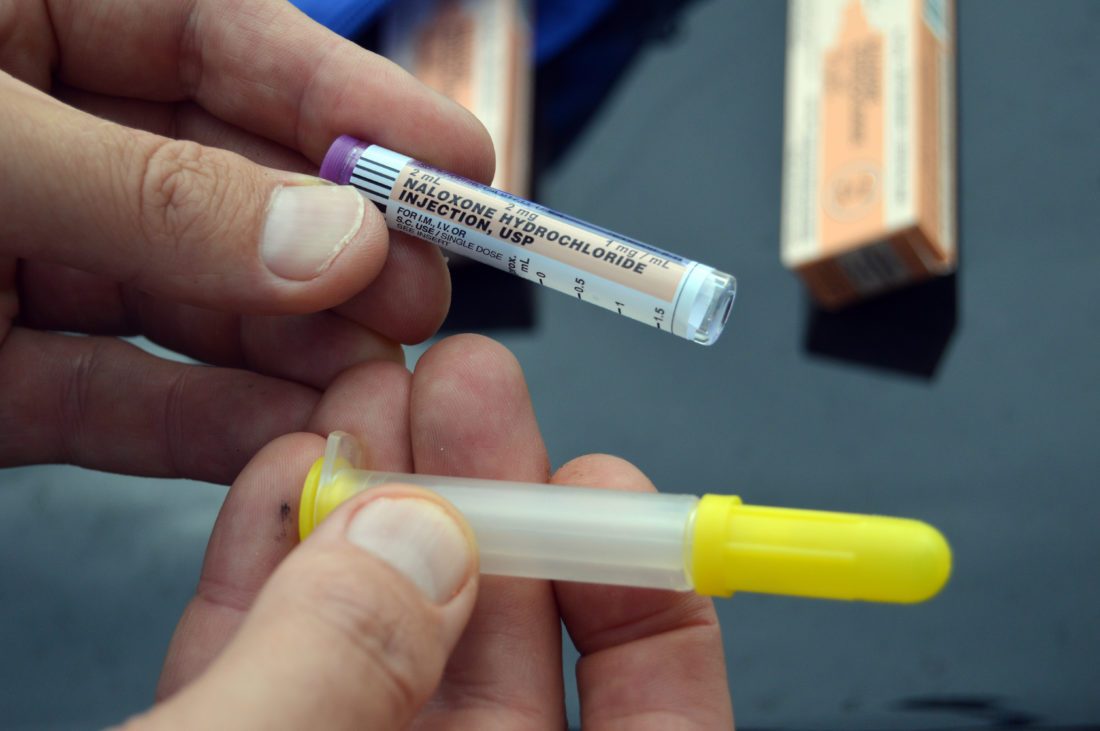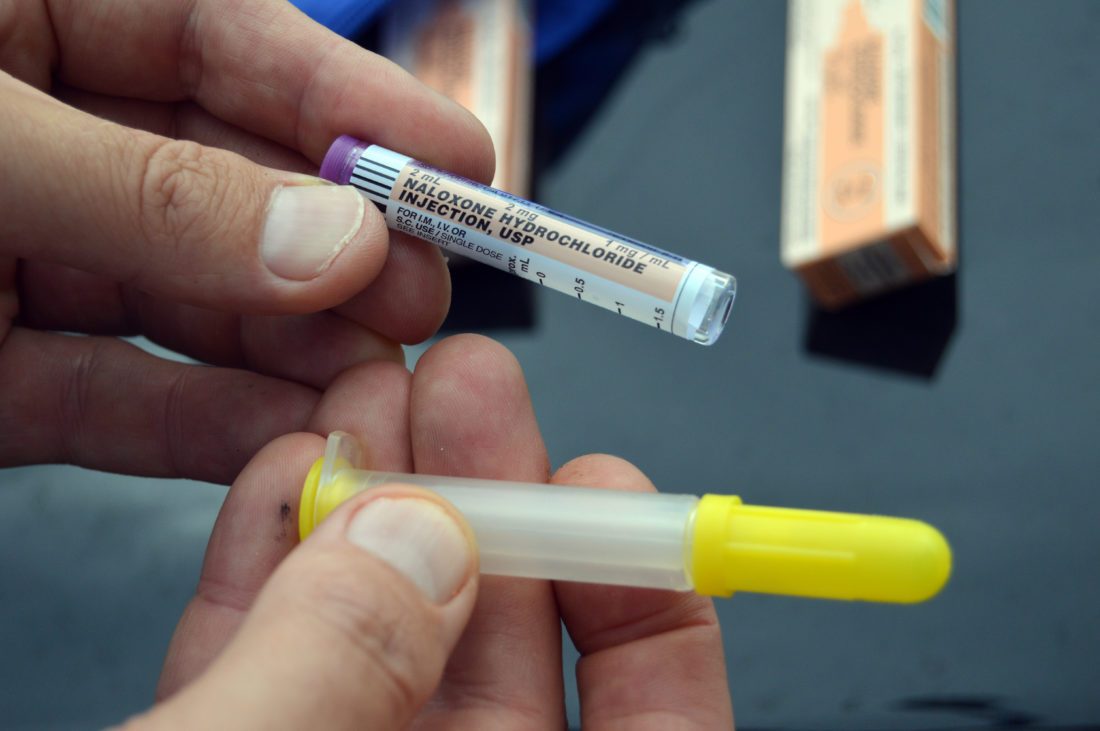Number Of Drug Overdose Deaths Decline In County


The number of people who died as the result of a drug overdose declined in Chautauqua County in 2018, county officials announced Friday. The drop represents at least a 30% reduction from 2017.
In detailing the decline in overdoses, county officials touted a “wide range of treatment services,” including outpatient clinics and inpatient rehabs in both ends of the county. Use of treatment options and facilities have been increasing, the county said in a news release.
In 2018, 30% more county residents received treatment for opioid use than in 2016.
The decrease in overdose deaths can be attributed to a variety of factors. Breeanne Agett, epidemilogy manager at the county Department of Health and Human Services, said last year the drop could be due to the increased use of naloxone to counter the effects of opioids; a shift in drug use from opioids to methamphetamine; and an increase in access to drug treatment and recovery resources.
“It would be difficult to attribute the number of lives saved for each of these factors,” Agett told The Post-Journal at the time, “but the truth probably lies somewhere in the middle. Each of these factors likely play a role in the reduction in fatal overdoses that we’re seeing.”
Drug-related deaths include all overdose deaths as well as deaths that occurred at least partially as a result of chronic or past drug use. Overdose deaths are classified as deaths in which an acute intoxication has been recorded; deaths caused by positional asphyxia due to drug intoxication are counted as overdose deaths.
On Friday, county officials pointed to a multi-agency partnership, led by the Department of Mental Hygiene to address the local “opioid crisis.” The Chautauqua Substance Abuse Response Partnership (CSARP) was established under a Rural Communities Opioid Response Program grant awarded to the Chautauqua County Department of Mental Hygiene.
The RCORP implementation grant is a $1 million multi-year initiative supported by the Health Resources and Services Administration to address barriers to access in rural communities related to substance use disorder, including opioid use disorder.
“Chautauqua County benefits from the great work of many agencies, government departments, and individuals throughout our county who, in a variety of ways, are actively addressing addiction,” said Steve Kilburn, HRSA grant director at the country Department of Mental Hygiene.
“Because of these grants from HSRA, we are able to strengthen those efforts and collaborate even more strategically in our common goal of preventing addiction, reducing overdoses, and offering help and healing to those affected by this crisis.”
Two Combat Addiction CHQ community events will be held on Tuesday, Oct. 29, featuring speaker Robert MacKenzie, chief of police in Kennebunk, Maine. Both events are hosted by the Chautauqua Substance Abuse Response Partnership to engage and educate the community about the activities and findings of the grant. One event will be held from 9 a.m. to 1:30 p.m. at the Chautauqua Harbor Hotel, 10 Dunham Ave., Celoron, and the second event will be held from 5-6:30 p.m. at the JCC North Training and Conference Center, 10785 Bennett Road, Dunkirk.
“There is much more to be done, but real progress is being made thanks to the many, many individuals throughout Chautauqua County who are working hard to make prevention, treatment, and recovery a reality for our county,” Kilburn said.
 Pathways Drug Rehabilitation Luxury Addiction Treatment & Detox Center
Pathways Drug Rehabilitation Luxury Addiction Treatment & Detox Center


